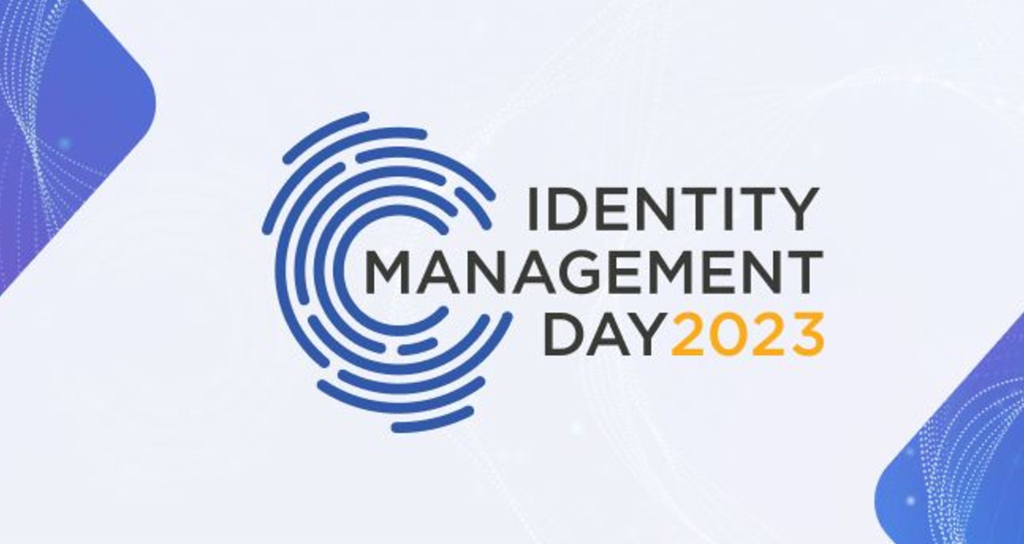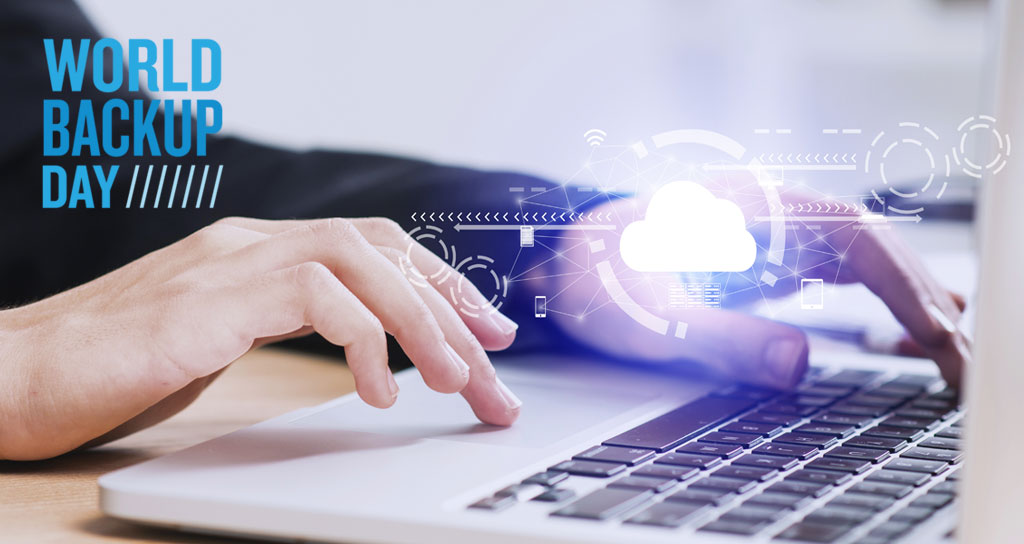What is privacy?
When you think of privacy, what do you think of? Closing the door when having a private conversation? Securing your phone screen with a lock? Pulling down your window shades? We do all these things to protect our privacy, but it's important to understand exactly what we mean when we talk about "privacy." It's also crucial to know that privacy takes on a specific meaning when it comes to your digital life, as it pertains to your right to safeguard your personal data.
Privacy is generally thought of the right to not be observed or disturbed by others. It includes the right of whether certain personal information about you are not noted by others. In general, it is the right for you to keep your information to yourself.
What is data privacy, then?
In today’s digitally connected age, the amount of data that gets generated about you and your online activities are huge. It is therefore prudent to understand issues around data privacy in our digital generation. Even if you're not particularly concerned or aware, numerous companies around the world spend a lot of money to gain insight into you and your behaviour through this data.
Your online data can be classified into different categories. These include personal details such as your name, date of birth, your house address and Social Security number, as well as sensitive information like medical records and credit card numbers.
Additionally, there is data about your online activities such as the websites you visit, the products you purchase online, and the people you interact with on social media. This data can be very specific, like the amount of time you spend viewing a webpage before navigating away. Businesses, particularly advertisers, highly value this type of data as it allows them to more effectively target advertisements and products to you.
Frequently, this data is made anonymous when it is sold, meaning an advertiser will not have knowledge of the specific person who clicked on a link. However, various pieces of data about you can be combined to attempt to create personalized ads.
Data privacy, therefore, refers to the protection of personal information by ensuring that it is collected, used, and disclosed appropriately. It involves the control of access to and dissemination of personal information, and the safeguarding of that information from unauthorized access, use, or disclosure. Data privacy laws and regulations establish guidelines for the collection, storage, and use of personal information to protect individuals' privacy rights.
Is data privacy the same as cybersecurity?
Cybersecurity vulnerabilities are often exploited by malicious actors to obtain data as it has a high value. A large part of cybersecurity is about protecting your data. On the other hand, data privacy is about your right to keep your data secure and protected, particularly from entities that are not cybercriminals such as websites and businesses.
Data privacy and cybersecurity are separate areas, but they are closely related. Data privacy focuses on regulations, guidelines, and personal choices about who has access to your data and the extent of that access, while cybersecurity concentrates on preventing and resolving issues such as malware, hacking and online fraud.
Why is data privacy important?
You might believe that all your data is already publicly available, so who cares who sees it? Why should it matter to you if an advertiser knows what shoes you recently purchased through social media?
You might believe that all your data is already publicly available, so who cares who sees it? Why should it matter to you if an advertiser knows what shoes you recently purchased through social media?
You might believe that all your data is already publicly available, so who cares who sees it? Why should it matter to you if an advertiser knows what shoes you recently purchased through social media?
Data privacy is important because it helps protect individuals' personal information from being collected, used, or disclosed without their knowledge or consent. It also helps protect individuals from potential harm that could result from the unauthorized use of their personal information, such as identity theft, financial fraud, or other forms of abuse.
In addition, data privacy helps ensure that individuals have control over their personal information, and can make informed decisions about how it is collected, used, and disclosed. It also promotes trust and confidence in organizations that collect, use, and disclose personal information, and helps ensure that organizations are accountable for their actions with respect to personal information.
If you would like to assess or improve your current cybersecurity posture, or feel that you have suffered a data breach, please schedule a consultation with our experts here.





